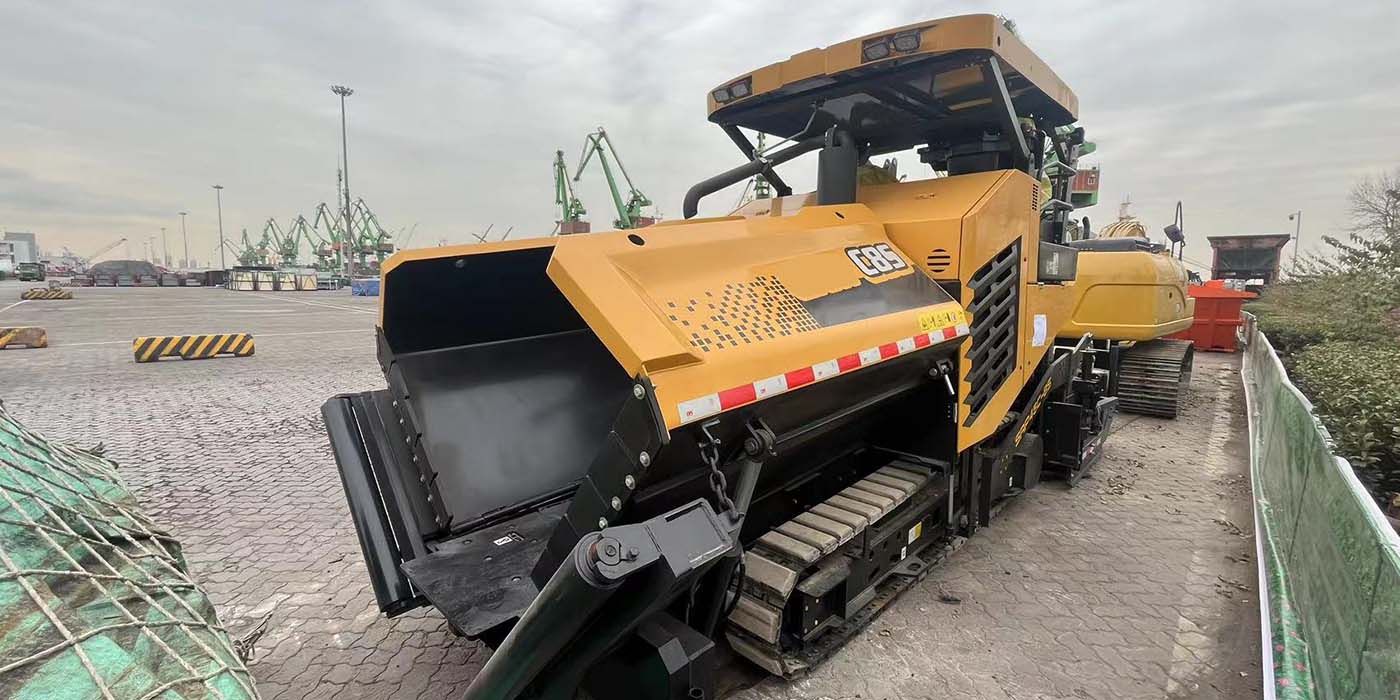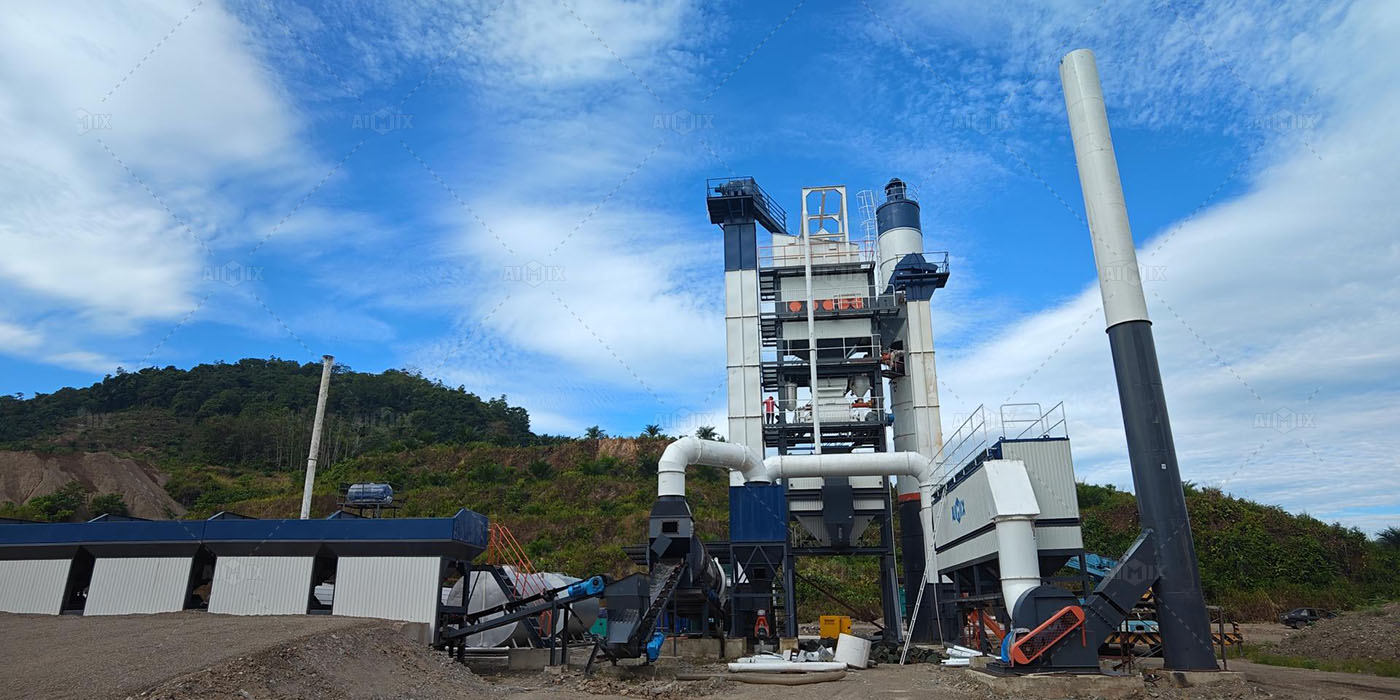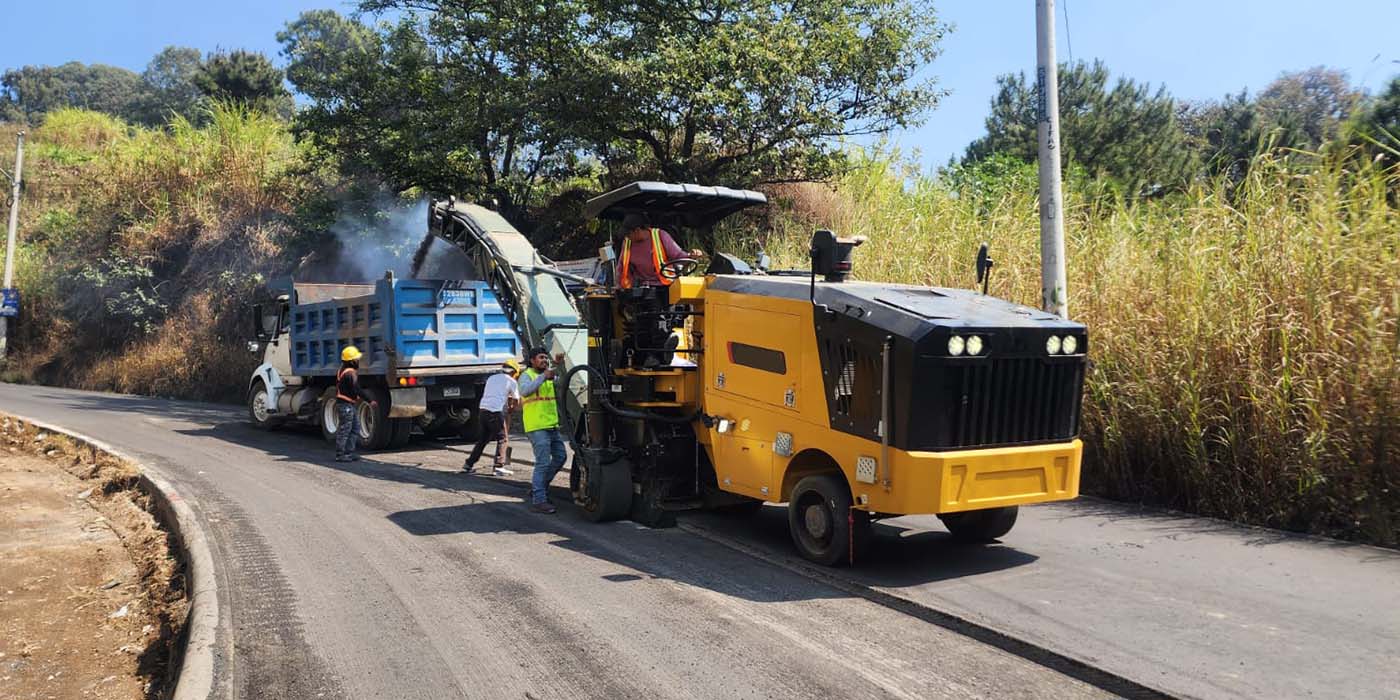When planning a large-scale road construction project, matching asphalt plant capacity with best asphalt paving machine is crucial. For contractors aiming to pave 6 km/day of multilane roads using a 180 TPH asphalt plant, knowing the right number of asphalt pavers ensures smooth workflow, minimal downtime, and optimized costs. In this article, we explore practical calculations, workflow strategies, and equipment recommendations for efficient road paving.

Understanding Asphalt Plant Output and Road Requirements
Before determining the number of paving machines, you need to understand two main factors: the asphalt plant’s output and the daily paving target. A 180 TPH (tons per hour) asphalt mixer plant can produce 180 tons of asphalt mixture in one hour under optimal conditions. However, actual output can fluctuate due to weather, material quality, and operational efficiency.
For a 6 km/day multilane road project, the required asphalt volume depends on lane width, pavement thickness, and compaction rate. For example, assuming a 4-lane road (each lane 3.5 meters wide) with 0.1-meter asphalt thickness, daily asphalt consumption can be calculated as:
- Road area = 6,000 m × 4 lanes × 3.5 m = 84,000 m²
- Asphalt volume = 84,000 m² × 0.1 m = 8,400 m³
- Convert to tons (assuming 2.4 t/m³) = 8,400 × 2.4 ≈ 20,160 tons/day
This calculation highlights the significant asphalt demand for multilane road projects and underlines the importance of sufficient paving machinery.

Estimating the Required Number of Asphalt Pavers
Next, we consider the output of asphalt pavers. A medium-sized paver typically lays 300–400 tons per hour, depending on speed, lane width, and operator skill. To match a 180 TPH asphalt plant, we must calculate how many pavers can handle continuous asphalt supply efficiently.
If one paver lays 350 tons/hour on average, a 180 TPH plant output will saturate only one paver in roughly one hour. However, road projects rarely operate under perfect conditions. Delays due to material transport, lane changing, or maintenance can reduce efficiency. Therefore, deploying at least two pavers working alternately or side-by-side ensures uninterrupted paving, avoids bottlenecks, and maintains consistent road quality.
Factors Affecting Paver Selection
Several factors influence the number and type of pavers needed:
- Lane Width: Wider lanes may require two pavers working simultaneously.
- Project Duration: Short deadlines may necessitate more machines to meet daily targets.
- Traffic Management: Multilane roads may need staggered paving sequences.
- Material Handling: Efficient trucks and feeders reduce paver idle time.
Considering these factors, most contractors on 6 km/day multilane projects use 2–3 medium to large asphalt pavers to fully leverage a 180 TPH hot mix plant for road construction without compromising efficiency or road quality.

Optimizing Workflow for Maximum Efficiency
Beyond the number of machines, the workflow between asphalt plant, trucks, and pavers is critical. Coordinating truck arrivals with paver speed minimizes waiting time. Additionally, continuous communication between operators ensures smooth lane transitions and consistent layer thickness.
Using modern paving equipment with intelligent control systems can further enhance efficiency. Sensors monitor material feed and paving speed, allowing operators to adjust in real-time and match the plant’s 180 TPH output closely. Such strategies prevent asphalt waste, reduce labor costs, and shorten project timelines.
Conclusion and Recommendations
For a 6 km/day multilane road using a 180 TPH asphalt plant, deploying 2–3 medium to large asphalt paving machines is generally optimal. This setup balances asphalt plant capacity, project efficiency, and road quality. Contractors should also optimize material transport, operator coordination, and paver technology to achieve the best results.
At our company, we provide high-performance asphalt plants and paving machines designed for multilane road construction. Our solutions help contractors maximize output, reduce downtime, and complete projects on schedule. Contact us today to discuss the best combination of asphalt plant and paving equipment for your next road project: https://aimixconcretesolution.blogrip.com/2025/08/15/how-does-production-capacity-affect-the-purchase-price-of-20-80-tph-asphalt-plants-for-indonesian-contractors/
Leave a Reply